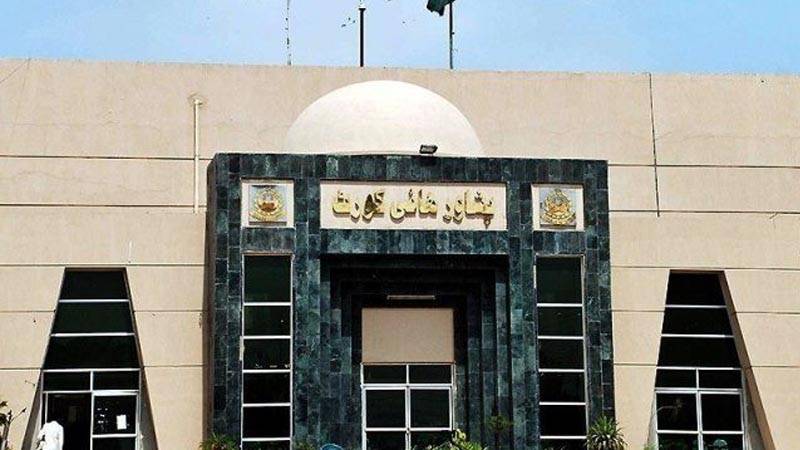
The Peshawar High Court (PHC) has ordered the immediate release of suspects who were convicted by the military court for lack of fair trial.
A two-member bench, comprising of Chief Justice Waqar Ahmed Seth and Justice Muhammad Naeem Anwar, issued a 426-page verdict on the appeals of the convicts.
According to the high court, the suspects should be released if they were not wanted in any other case. It said that the people tried by the military court were convicted on the basis of their 'confessional statement' and that they were not even given a chance to defend themselves.
The judgement said that there was no investigation to ascertain the allegations against the detained suspects nor were they booked in any case.
The judgment added that the convicts were not given the right to file an appeal on their own, which showed that the entire proceedings against them as a violation of relevant laws and human rights.
In the majority of the cases, they were arrested and kept in detention centres for months and years, the ruling said.
In 196 cases, the government and the relevant institutions provided records to the court in 18 months, while no record could still be presented in more than 150 appeals, said the court, and declared that seeking repeated adjournments had become a habit of the government.
A two-member bench, comprising of Chief Justice Waqar Ahmed Seth and Justice Muhammad Naeem Anwar, issued a 426-page verdict on the appeals of the convicts.
According to the high court, the suspects should be released if they were not wanted in any other case. It said that the people tried by the military court were convicted on the basis of their 'confessional statement' and that they were not even given a chance to defend themselves.
The judgement said that there was no investigation to ascertain the allegations against the detained suspects nor were they booked in any case.
The judgment added that the convicts were not given the right to file an appeal on their own, which showed that the entire proceedings against them as a violation of relevant laws and human rights.
In the majority of the cases, they were arrested and kept in detention centres for months and years, the ruling said.
In 196 cases, the government and the relevant institutions provided records to the court in 18 months, while no record could still be presented in more than 150 appeals, said the court, and declared that seeking repeated adjournments had become a habit of the government.
